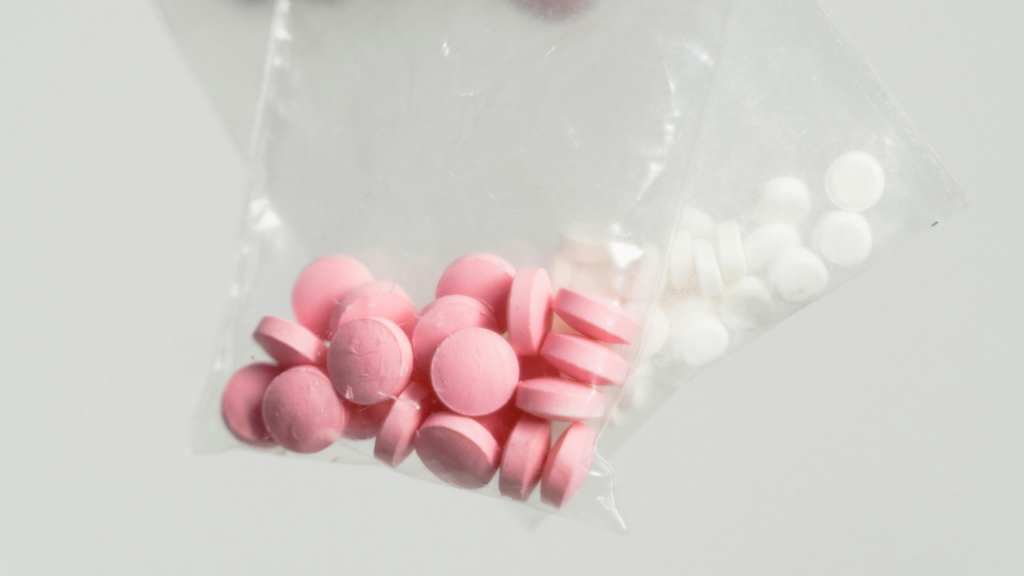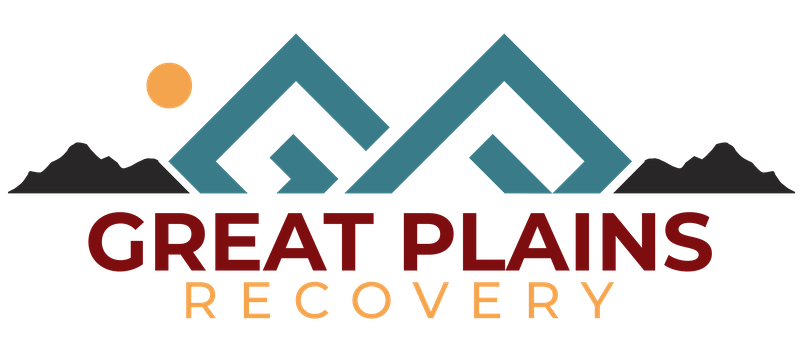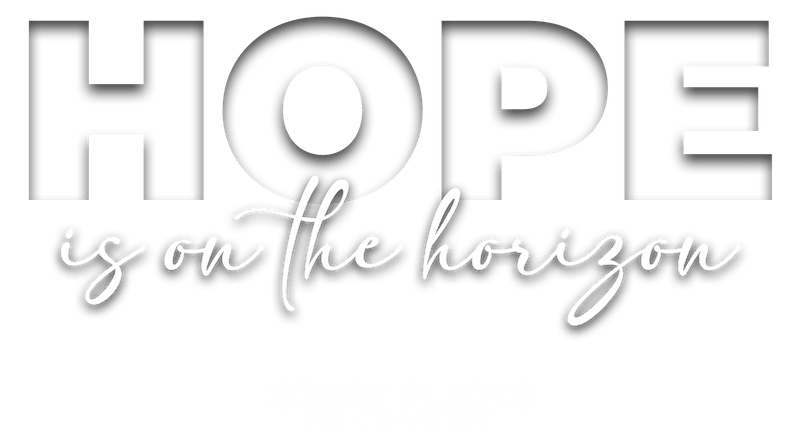
Oklahoma has been significantly impacted by the opioid crisis, with thousands of residents struggling with opioid use disorders affecting prescription pain medications, heroin, and synthetic opioids like fentanyl. At Great Plains Recovery Center in Tulsa, we understand the unique challenges that opioid addiction presents and the comprehensive approach needed for successful recovery.
Understanding Opioid Addiction
Opioid addiction is a complex medical condition that affects brain chemistry and function. Unlike many other substances, opioids create powerful physical dependence that can develop even when medications are used as prescribed. This dependence occurs because opioids bind to specific receptors in the brain that regulate pain, reward, and addictive behaviors.
Many Oklahomans first encountered opioids through legitimate medical treatment for injuries, surgeries, or chronic pain conditions. As tolerance develops, individuals may find they need higher doses to achieve the same pain relief or emotional numbing effect. When prescriptions run out or become too expensive, some people turn to illegal opioids like heroin or fentanyl, which are often more accessible and less costly than prescription medications.
The transition from prescribed medications to illegal substances represents a particularly dangerous escalation, as street drugs carry additional risks including unknown potency, contamination with other dangerous substances, and legal consequences. Understanding this progression is crucial for developing effective treatment approaches that address both the addiction and the underlying issues that led to opioid use.
The Importance of Medical Supervision
Opioid withdrawal can be extremely uncomfortable and, in some cases, medically complex. Symptoms may include intense cravings, nausea, vomiting, muscle aches, anxiety, depression, and sleep disturbances. These symptoms can last for days or weeks, making it difficult for individuals to successfully detox without professional support.
Medical supervision during opioid withdrawal ensures safety and comfort throughout the process. Healthcare professionals can monitor vital signs, assess for complications, and provide appropriate interventions when needed. This medical oversight is particularly important for individuals with co-occurring medical conditions or those who have been using high doses of opioids for extended periods.
Beyond managing physical withdrawal symptoms, medical supervision allows for the assessment and treatment of any underlying health issues that may have developed during active addiction. Many people with opioid use disorders have neglected their overall health, and comprehensive medical evaluation can identify and address these concerns as part of the recovery process.
Medication-Assisted Treatment Options
Medication-assisted treatment has become a cornerstone of effective opioid addiction treatment. These medications work by targeting the same brain receptors affected by opioids but in a controlled, therapeutic manner that reduces cravings and withdrawal symptoms without producing the euphoric effects associated with misuse.
Common medications used in opioid addiction treatment include methadone, buprenorphine, and naltrexone. Each of these medications works differently and may be more appropriate for different individuals based on their specific circumstances, medical history, and treatment goals.

At Great Plains Recovery Center in Tulsa, we understand the unique challenges that opioid addiction presents
Buprenorphine can be prescribed by specially trained physicians in office-based settings, making it more accessible for many patients. It has a ceiling effect that reduces the risk of overdose and can be used for both withdrawal management and long-term maintenance.
Naltrexone works differently by blocking opioid receptors entirely, preventing any euphoric effects if opioids are used. It’s available as a daily pill or monthly injection and is most appropriate for individuals who have already completed detoxification.
The selection of appropriate medication depends on individual factors and should always be made in consultation with qualified medical professionals who can assess the most suitable option for each person’s unique situation.
Comprehensive Behavioral Treatment
While medication can be crucial for managing the physical aspects of opioid addiction, comprehensive behavioral treatment addresses the psychological, social, and environmental factors that contribute to continued use. This typically includes individual therapy, group counseling, and educational components that help individuals develop new coping skills and perspectives.
Individual therapy provides a safe space to explore the personal factors that contributed to opioid use, such as trauma, chronic pain, depression, anxiety, or other mental health conditions. Therapists can help individuals develop healthier ways of managing these underlying issues and build strategies for maintaining recovery.
Group therapy offers peer support and the opportunity to learn from others who have faced similar challenges. Sharing experiences and coping strategies with others in recovery can reduce feelings of isolation and provide practical insights for managing triggers and cravings.
Educational components help individuals understand the nature of addiction, recognize warning signs of relapse, and develop practical skills for managing high-risk situations. This education often extends to family members, helping them understand how to support their loved one’s recovery journey.
Addressing Co-Occurring Conditions
Many individuals with opioid addiction also struggle with other mental health conditions such as depression, anxiety, post-traumatic stress disorder, or chronic pain conditions. Effective treatment must address these co-occurring issues simultaneously rather than treating them separately.
Integrated treatment approaches recognize that mental health conditions and substance use disorders often reinforce each other. For example, someone with chronic pain may use opioids not only for physical relief but also to manage depression or anxiety. Treating only the addiction without addressing the pain and mental health concerns significantly reduces the likelihood of long-term success.
This integrated approach may include psychiatric evaluation, medication management for mental health conditions, specialized therapy for trauma or other psychological issues, and comprehensive pain management strategies that don’t rely solely on opioid medications.
Building Long-Term Recovery Skills
Successful opioid addiction recovery extends far beyond managing withdrawal and initial stabilization. Long-term recovery requires developing new life skills, rebuilding relationships, and creating a lifestyle that supports continued sobriety.
This process often involves learning new stress management techniques, developing healthy recreational activities, rebuilding damaged relationships, addressing legal or financial problems that may have resulted from addiction, and creating a strong support network of family, friends, and recovery peers.
Many individuals also benefit from ongoing participation in support groups, continued therapy, and regular medical monitoring, especially if they’re using medication-assisted treatment. These ongoing supports help maintain motivation, address challenges as they arise, and provide accountability during the recovery process.
Family Involvement and Support
Opioid addiction affects entire families, and involving loved ones in the treatment process can significantly improve outcomes. Family members often need education about addiction as a medical condition, guidance on how to provide appropriate support, and help processing their own experiences with their loved one’s addiction.
Family therapy can help repair damaged relationships, improve communication patterns, and establish healthy boundaries that support recovery. Many families also benefit from their own support groups where they can connect with others who have faced similar challenges.
Hope for Recovery
While opioid addiction is a serious medical condition, recovery is absolutely possible with appropriate treatment and support. Many Oklahomans have successfully overcome opioid addiction and rebuilt fulfilling, productive lives. The key is accessing comprehensive treatment that addresses all aspects of the condition rather than attempting to manage it alone.
At Great Plains Recovery Center, we’re committed to providing evidence-based, compassionate treatment for opioid addiction. Our team understands the unique challenges that opioid use disorders present and works with each individual to develop a personalized treatment plan that addresses their specific needs and goals.
If you or a loved one is struggling with opioid addiction, don’t wait to seek help. Call Great Plains Recovery Center at 844-918-3518 to learn more about our comprehensive treatment programs and take the first step toward lasting recovery.




